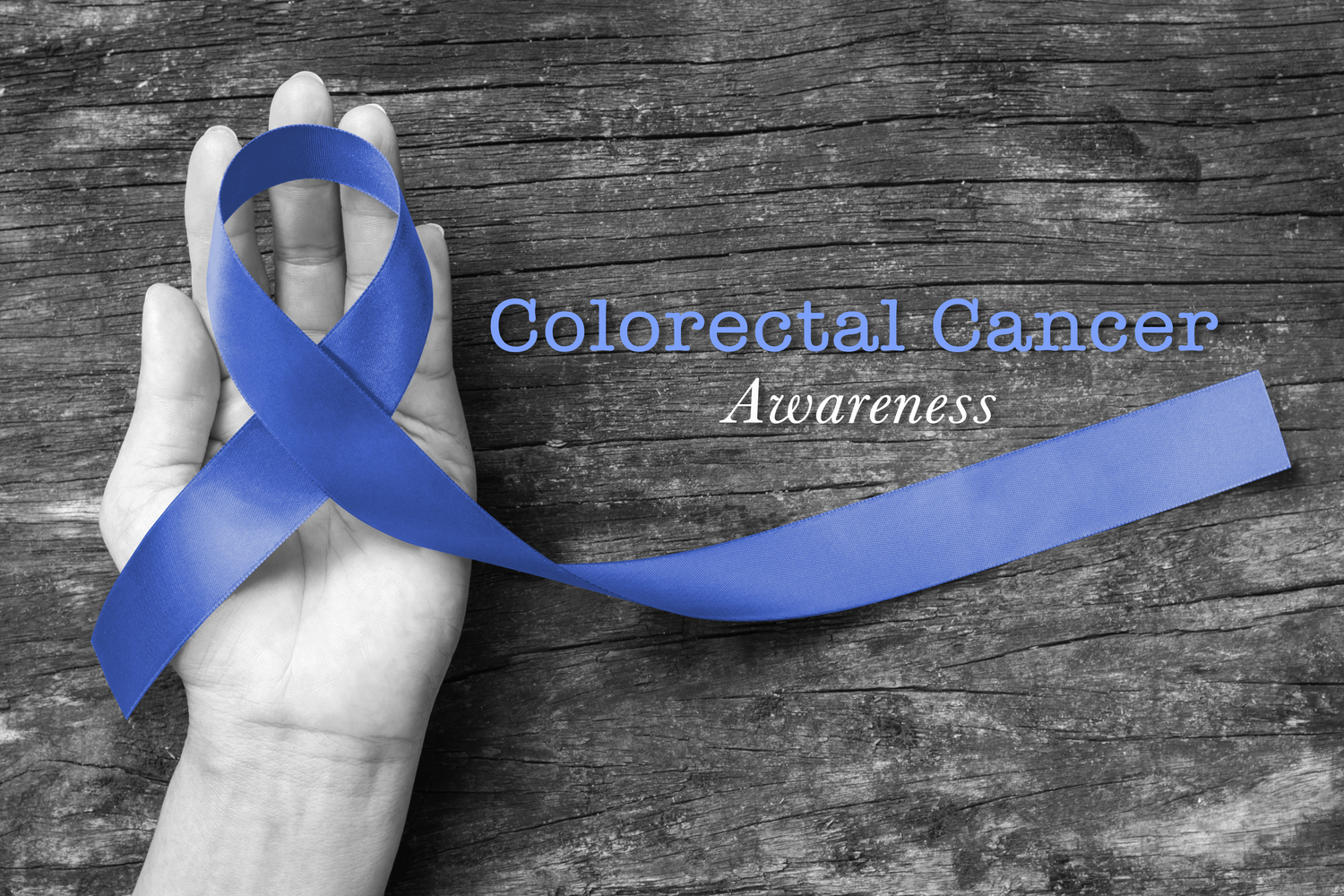
Treatments for Colorectal Cancer
Colorectal cancer is a cancer of the colon and/or rectum. The condition is diagnosed through a colonoscopy and a blood test that can confirm the presence of cancerous growths. Once a diagnosis has been rendered, further testing is required to determine the stage of the disease and the best course of treatment. Colon cancer has many treatments that a doctor may recommend depending on the results of these tests and, if caught early, responds well to the following treatments:
1. Get ahead of it
Doctors recommend that adults over the age of 50 have regular colon screenings for any sign of symptoms that may indicate the presence of benign polyps or cancerous growths. However, if there are certain risk factors such as a family history of colon cancer then screening should begin at a younger age. Additionally, there are colon cancer symptoms that may be early signs of this type of cancer including ongoing intestinal issues such as diarrhea, blood in the stool, and unexplained weight loss.
2. Colectomy surgery
Localized cancer with small growths can sometimes be treated by a minor surgery during a colonoscopy. If the growths are larger, they can often be removed by a surgery called endoscopic mucosal resection. Doctors use specialized tools to remove the larger polyps and a small amount of the lining of the colon. For a more advanced case, a doctor might perform a surgery that will bypass the colon in the process of waste elimination. Removal of the lymph nodes is also a treatment for an advanced case.
3. Immunotherapy
Immunotherapy is a treatment reserved for advanced cases. This is a targeted drug treatment that uses the body’s immune system to fight the cancer directly. Typically, the immune system does not attack cancerous cells due to protein bonding that prevents the immune system from identifying the cells as dangerous. Immunotherapy attempts to jump start the immune system and force it to identify the cancerous cells as invasive. Testing is required to determine if an individual case is likely to respond to immunotherapy.
4. Drug treatments and radiation therapy
Targeted drug therapy attempts to damage cancer cells in specific ways that will cause the cells to weaken and die off. This works by targeting abnormalities within the cells and shutting them down. Radiation therapy is the process of using high energy sources, such as protons, to target cancerous cells. Targeted drug therapy and/or radiation therapy are typically used alongside chemotherapy to maximize the likelihood of success.
5. Chemotherapy
Chemotherapy is often used to treat most types of cancers through the use of a specific drug treatment. This treatment is used to shrink cancerous cells before surgeries, kill cancerous cells, or to alleviate symptoms in advanced cases. In most cases, chemotherapy is reserved for cases where the cancer has spread to the lymph nodes.



